|
Growing up, I never understood the fascination other people had about war. As an adult in my 30s, I find myself drawn to the subject, particularly World War 2, not in a macabre way, but as a way of understanding what went wrong and how to avoid it in the future. In 1905 George Santayana said, "Those who cannot remember the past are condemned to repeat it." In 1948, in the aftermath of the second great war, Winston Churchill rephrased Santayana's words: "Those who fail to learn from history are condemned to repeat it." I cannot start or end a war, but in an effort to avoid participating in the repetition of the atrocities committed by regular civilians to their friends and neighbors, and to remind myself that “The only thing necessary for the triumph of evil is for good men to do nothing" (Edmund Burke), I have been reading as many WWII books as I can get my hands on. Continue reading to see my list of books and movies about World War 2.Historical fICTION Books About World War 2 and the Holocaust1. Number the StarsI read Number the Stars years ago as a child and still remember Lois Lowry's moving story of Ellen and Annemarie struggling to survive during the Nazis' attempt to take over Europe. “Ellen had said that her mother was afraid of the ocean, that it was too cold and too big. The sky was, too, thought Annemarie. The whole world was: too cold, too big. And too cruel. ” 2. Salt to the SeaI absolutely loved Salt to the Sea by Ruta Sepetys. Told from the perspective of four different young people - a Nazi soldier, a pregnant Polish girl, a young Lithuanian woman, and a Prussian soldier fleeing the Nazis, their stories converge aboard the Wilhelm Gustloff, a German cruiseliner. The ship sinks and only two of the four survive. Though everyone knows about the sinking of the Titanic and the Lusitania, the sinking of the Wilhelm Gustloff was the greatest catastrophe in maritime history. “Guilt is a hunter. Fate is a hunter. Shame is a hunter. Fear is a hunter.” 3. Between Shades of GrayRuta Sepetys' first novel, Between Shades of Gray chronicles the journey of Lina, a young Lithuanian girl, and her family as the Russians forcefully removed them from their home, separated Lina's father from Lina, her mother, and her brother, and took them by crowded, filthy train north, across the Arctic Circle to Siberia, 6,500 miles from their home. The Russians, under Stalin's orders, force them to live and work in harsh conditions, with very little food, completely ill-equipped for the conditions of frozen Siberia. I found this to be a unique perspective, as most of the books I've read about World War 2 have dealt with Germany and the Holocaust, but evil deeds were done by both sides. (Of Hitler and Stalin) “We're dealing with two devils who both want to rule hell.” 4. The Guernsey Literary and Potato Peel Pie SocietyWritten by Mary Ann Shaffer and Annie Barrows, The Guernsey Literary and Potato Peel Pie Society tells the story of a small island off the coast of England. Though this unique novel, told entirely through letters written to and from the main character, does not take place during WW2, it does take place just following the war. The island of Guernsey, one of the Channel Islands between England and France, was occupied by the Nazis during WW2, and throughout the book, the author includes facts and stories about the invasion, occupation, and liberation of the island. I include it in this list first because it's brilliantly written and terrifically entertaining, and I think everyone should read it, but also because it deals with the aftermath of the war. London was severely bombed, and the main character describes the sad state of her beloved flat. The Guernsey citizens discuss the difficulty of developing relationships with some of the kinder German soldiers, who seem to not wish to be there any more than the islanders want them there, and the position that puts them in with their neighbors who view all Germans as enemies who must remain hated outsiders regardless of their personal characters. “Perhaps there is some secret sort of homing instinct in books that brings them to their perfect readers. How delightful if that were true.” 5. The Kommandant's GirlThe Kommandant's Girl is Pam Jenoff's debut novel. "Nineteen-year-old Emma Bau has been married only three weeks when Nazi tanks thunder into her native Poland. Within days Emma's husband, Jacob, is forced to disappear underground, leaving her imprisoned within the city's decrepit, moldering Jewish ghetto. But then, in the dead of night, the resistance smuggles her out. Taken to Krakow to live with Jacob's Catholic aunt, Krysia, Emma takes on a new identity as Anna Lipowski, a gentile. Emma's already precarious situation is complicated by her introduction to Kommandant Richwalder, a high-ranking Nazi official who hires her to work as his assistant. Urged by the resistance to use her position to access details of the Nazi occupation, Emma must compromise her safety—and her marriage vows—in order to help Jacob's cause. As the atrocities of war intensify, so does Emma's relationship with the Kommandant, building to a climax that will risk not only her double life, but also the lives of those she loves." - Goodreads If you like this book, continue the story with The Diplomat's Wife, the second book in the series. 6. The Girl in the Blue CoatThe Girl in the Blue Coat by Monica Hesse takes place in Amsterdam and chronicles the adventures of teenager Hanneke, whose boyfriend was killed in the war and who now deals in black-market goods as an act of rebellion. This young adult historical fiction novel was one of our book club books of 2022, and I thoroughly enjoyed it. It's an easy read but deals with some difficult choices. 7. The House at TynefordNatasha Solomon's The House at Tyneford is a story about love and family during wartime. "Nineteen-year-old Elise Landau is forced to leave her glittering life of parties and champagne to become a parlor maid in England... When the master of Tyneford's young son, Kit, returns home, he and Elise strike up an unlikely friendship that will transform Tyneford—and Elise—forever." - Goodreads I really loved this book. I am not a big fan of romance novels, but I felt this one was well-written and incorporated some interesting information about World War 2 that I found intriguing. nON fICTION bOOKS aBOUT World War 21. NightIn Night, Elie Wiesel tells his true story of his experiences as a boy growing up in Transylvania and living through the horrors of Auschwitz and Buchenwald as a teenager. He is met with loss after loss, including the loss of his innocence and naiveté. What struck me from the start was the willful ignorance of the people of his village, who ignored the warnings of others until it was too late. “Human suffering anywhere concerns men and women everywhere.” If you like Night, continue the series with Dawn and Day. 2. The Diary of a Young GirlAnne Frank's diary is possibly the most famous diary of all, and for good reason. The Diary of a Young Girl chronicles the two years she and seven other Jews hid in an attic to avoid the Nazis. Reading this as a teenager, I felt the fear of discovery, the pain of hunger, the anxiety of boredom, and the annoyance of too many people crammed into too small a space for far too long. I felt stir-crazy myself, but I also felt the strength of the human spirit. If you read no other book about the Holocaust, read Anne's diary. “In spite of everything I still believe that people are really good at heart. I simply can’t build up my hopes on a foundation consisting of confusion, misery, and death. I see the world gradually being turned into a wilderness, I hear the ever approaching thunder, which will destroy us too, I can feel the sufferings of millions and yet, if I look up into the heavens, I think that it will all come right, that this cruelty too will end, and that peace and tranquility will return again.” 3. Ten Green BottlesTen Green Bottles: The True Story of One Family's Journey from War-torn Austria to the Ghettos of Shanghai is told from the perspective of the author's mother. Vivian Jeanette Kaplan's parents, Nini and Poldi meet in Vienna and have a happy life... until Hitler takes over Germany and anti-Semitism sweeps their beloved Austria. With strength and determination, they overcome all obstacles to travel 7,000 miles across the world from Austria to Italy and on to Shanghai, China, where they begin their lives anew. With the arrival of the Japanese, they are forced into the ghetto. Life is difficult in Shanghai, but they are together and they live to tell their story and begin again in Toronto in 1949. What struck me as I read this was how quickly their Austrian friends and neighbors turned on them. May I never do the same to my friends and neighbors. 4. Surviving HitlerSurviving Hitler: The Unlikely True Story of an SS Soldier and a Jewish Woman by O. Hakan Palm tells the story of Palm's parents from their perspectives. Written in diary format, Gustav and Agnes tell their stories of trickery, recruitment, an imprisonment by the Nazis, internment in ghettos and concentration camps, fighting on the front lines, and clearing the streets after bombings. The story truly is about survival - physical survival, mental survival, and emotional survival - and forgiveness. When Gustav and Agnes meet after the war, each understands what the other went through, and in spite of the unlikely match, they make a life for themselves with home and children and religion and relentless, unconditional love. One of the most telling lines comes from Gustav's account of recruitment by the Nazis, where he learned all too late what he had gotten himself into: "We were quite literally prisoners guarding prisoners." 5. 1924: The Year That Made HitlerBy far one of the most scholarly books about Hitler, WW2, and the Holocaust that I've read thus far, 1924: The Year That Made Hitler by Peter Ross Range purports that the year Hitler spent in prison, from December, 1923, to November, 1924, following a failed coup attempt, made him who he became and made his rise to power possible. His wildly-popular trial in the spring of 1924 spread his fame (or infamy) from Munich to all of Germany and to the whole world. His transformation from Nazi propagandist and spokesperson to Nazi political leader took place during his year in prison, during which time he wrote Mein Kampf and solidified in his own mind and in the minds of his followers imprisoned with him, that he was the man to save Germany. Though oozing with facts and dates and footnotes, Range writes in a way that keeps the story moving. I found the book fascinating and difficult to put down. “When faced with high-risk situations, Hitler’s instinct was almost always to take the leap. Action was his aphrodisiac, his catnip, his default. His impetuosity often overwhelmed all other considerations, as the world would later learn, to its horror and sorrow. Hitler had whipped his audiences, as well as himself, into a frenzy of expectation. His increasingly grandiose self-image demanded that he go for the bold stroke.” 6. Elephant CompanyElephant Company: The Inspiring Story of an Unlikely Hero and the Animals Who Helped Him Save Lives in World War II by Vicki Croke is the true story of Billy Williams and his life in the jungles of Burma. As a teak man, Williams is required not only to learn the forests, the routes between camps, the teak business, and the language, but he also must learn everything he can about elephants, a task he takes on with zeal and zest. Mesmerized by their personalities and abilities, he treats their diseases and wounds and thinks of them as friends. When war breaks out, Williams joins the British forces, and he and his elephants build bridges and lead refugees to safety in India, leading the British to victory over Japan and saving hundreds of lives. The descriptions of the elephants and their personalities had me literally laughing out loud at times and crying at others. I also found it intriguing how different life in the jungles of Burma was from anything I'm used to, and the mental, physical, and emotional fortitude it would take to deal regularly with wild animals, insects, leeches, malaria and other diseases, torrential downpours, overbearing heat, and so much more. The book was well-researched, and although there was a great deal of factual information, it was offered in a way that kept me hooked. "The elephant (Bandoola) placed his two front feet on the first narrow step. Then, with incalculable strength and balance, he drew his hindquarters up and stood with all four feet on the tiny ledge. "He stayed motionless for a minute, then two, then three. For nine full minutes, the elephant seemed to ponder his next move. And then he decided... Bandoola drew up his front feet-- again, slowly and carefully--and placed them on the next step. And so it went. Silent, deliberate, precise. Upward." 7. Inside Hitler's GermanyThough not as scholarly as other nonfiction works I've read, I did find the captivating photos and the personal anecdotes in Inside Hitler's Germany: Life Under the Third Reich by Matthew Hughes and Chris Mann particularly compelling. Covering Germany from the time leading up to Hitler's rise to power up through his suicide and the end of World War 2, Inside Hitler's Germany encompasses all aspects of life in Germany - socioeconomic issues like soaring inflation, anti-Semitism, and frustration over the results of WW1; political issues like Nazism and its leaders, and socialism and the pushback against it; civilian life; war on both the Eastern and Western fronts; the Holocaust; manufacturing complications, leadership disputes, and much more. The authors shed light on Hitler's extreme god-complex, his desire to appear to be Germany's savior. Reading this book gave me a great deal of insight into why the German people, at least initially, thought highly of Hitler and Nazism, and why it was so easy for them to become indoctrinated and brain-washed. "To increase the recruitment figures for the Hitler Youth, the Nazi authorities passed the Hitler Youth Law of 1 December 1936 that aimed for the incorporation of all German youth into Hitler Youth, and this was backed up with growing 'pressure' on those outside the Nazi youth organizations to join 'voluntarily.'" 8. In Those Nightmarish DaysIn Those Nightmarish Days: The Ghetto Reportage of Peretz Opoczynski and Josef Zelkowicz deals with life in the ghettos of Poland, as experienced by a journalist and mailman (Opoczynski) and an ordained rabbi (Zelkowicz). The authors shed light on the various organizations designed to "help," at least superficially, the Jews in the ghettos; housing; the black market and wildly seesawing food prices; the plight of orphaned children; the frustrations of mail service; the hope of escape to Russia; and many other aspects of ghetto life. This is a ponderously psychologically heavy book to read. I always tended to think that during the war, the Jews always stuck together and helped each other through these difficult times, and certainly there were those that did. But I found it profoundly sad how desperate they became, how numb to others' suffering, how focused on their own survival that it was sometimes "every man for himself." Reading this book, I had to put myself in their shoes and think of the impact that hunger, lice, fear, and lack of sleep would have on me - how irritable I would become and how my survival instincts would affect my interactions with those around me. Though not an easy read, I think this is one of the more important non-fiction books to read in order to get a real picture of the difficulties of ghetto life. 9. In the Garden of Beasts: Love, Terror, and an American Family in Hitler's BerlinIn the Garden of Beasts by Erik Larson follows the lives of the U.S. ambassador to Berlin and his family during Hitler's reign. I found the writing excellent, and learned a lot about Americans' overall sentiments about Jews and about the war in general. It was heart-breaking and eye-opening. This is a book that has stuck with me since I read it last year. 10. Ghost Soldiers: The Epic Account of World War II's Greatest Rescue MissionGhost Soldiers by Hampton Sides focuses on WW2 in the Pacific. "On January 28, 1945, 121 hand-selected U.S. troops slipped behind enemy lines in the Philippines. Their mission: March thirty rugged miles to rescue 513 POWs languishing in a hellish camp, among them the last survivors of the infamous Bataan Death March. A recent prison massacre by Japanese soldiers elsewhere in the Philippines made the stakes impossibly high and left little time to plan the complex operation." - Goodreads Though this one involved a lot more about military movement than what I would normally read, I enjoyed this story of hope, teamwork, survival, and loyalty. Movies About the HolocaustHollywood has produced some fascinating movies dealing with World War 2 and the Holocaust. Here are some that I think every adult should watch at least once. 1. Operation Finale"Fifteen years after the end of World War II, a team of top-secret Israeli agents travels to Argentina to track down Adolf Eichmann, the Nazi officer who masterminded the transportation logistics that brought millions of innocent Jews to their deaths in concentration camps. Hoping to sneak him out of the country to stand trial, agent Peter Malkin soon finds himself playing a deadly game of cat and mouse with the notorious war criminal." - Google's synopsis 2. Schindler's List"Businessman Oskar Schindler (Liam Neeson) arrives in Krakow in 1939, ready to make his fortune from World War II, which has just started. After joining the Nazi party primarily for political expediency, he staffs his factory with Jewish workers for similarly pragmatic reasons. When the SS begins exterminating Jews in the Krakow ghetto, Schindler arranges to have his workers protected to keep his factory in operation, but soon realizes that in so doing, he is also saving innocent lives." - Google's synopsis 3. Playing for Time"Fania Fenelon (Vanessa Redgrave), a classical pianist and singer in Paris, is arrested during the Nazi occupation for her support of the French underground resistance. After being sent to the Auschwitz concentration camp, she is recognized as a famous musician, and becomes a member of the camp's all-female orchestra. Although the group, under the leadership of conductor Alma Rose (Jane Alexander), forms a close bond, the strain of performing for their tormentors grows." - Google's synopsis 4. The Diary of Anne FrankBased on Anne Frank's diary, the movie adaptation brings to life the trials of the Frank family. 5. The Pianist"In this adaptation of the autobiography "The Pianist: The Extraordinary True Story of One Man's Survival in Warsaw, 1939-1945," Wladyslaw Szpilman (Adrien Brody), a Polish Jewish radio station pianist, sees Warsaw change gradually as World War II begins. Szpilman is forced into the Warsaw Ghetto, but is later separated from his family during Operation Reinhard. From this time until the concentration camp prisoners are released, Szpilman hides in various locations among the ruins of Warsaw." - Google's synopsis 6. The Island on Bird Street"During World War II in the Warsaw ghetto, a young boy hides from the Nazis after his family has been taken away. With only a pet mouse for company, he waits for his father to return, as he promised." - Google's synopsis 7. Mrs. Miniver"A moving drama about a middle-class English family learning to cope with war, told in a series of dramatic vignettes. The family, headed by the lovely and gracious matriarch, endures the departure of the father for the beaches at Dunkirk, the discovery of a wounded Nazi pilot, the death of the daughter-in-law in an air raid, and the entry of the son into the Royal Air Force." - Google's synopsis 8. The Sound of MusicThis classic musical has been one of my favorites since I was a kid. Though the story is one of love and family, the undertones of war and Nazism are profound. 9. The Guernsey Literary and Potato Peel Pie SocietyThe 2018 movie adaptation of the darling historical fiction novel stars Lily Adams and Michiel Huisman. 10. Woman in Gold"Sixty years after fleeing Vienna, Maria Altmann (Helen Mirren), an elderly Jewish woman, attempts to reclaim family possessions that were seized by the Nazis. Among them is a famous portrait of Maria's beloved Aunt Adele: Gustave Klimt's "Portrait of Adele Bloch-Bauer I." With the help of young lawyer Randy Schoeberg (Ryan Reynolds), Maria embarks upon a lengthy legal battle to recover this painting and several others, but it will not be easy, for Austria considers them national treasures." - Google synopsis What do you think? Have you read these books? Are there other books about World War 2 and the Holocaust that I should read?
7 Comments
Kerma
3/30/2020 06:38:23 pm
I highly recommend “ Beneath a Scarlet Sky” by Mark Sullivan
Reply
5/20/2020 02:54:50 am
Great work man you have post a great post it will help people very much keep it do more for people like that.
Reply
7/23/2021 06:28:24 am
I was extremely satisfied to discover this site. I needed to thank you for ones time for this especially awesome read!! I unquestionably liked every single piece of it and I have you bookmarked to take a gander at new data in your web.
Reply
3/4/2022 12:30:56 am
I was intrigued expecting that you at whatever point imagined of changing the plan of your site? Its all around made I really like what youve got to say. However, doubtlessly you would somewhat more in the strategy for material be able to so individuals could improve.
Reply
3/5/2022 09:53:36 am
Xpertscm is top leading construction company in Patna. Their latest ongoing several acres township project is Aquacity, which was design by international architects and those are really awesome.
Reply
7/29/2022 03:09:40 am
Hi! This post couldn't be composed any better! Perusing this post helps me to remember my old flat mate! He generally continued to discuss this.I will advance this page to him. Genuinely certain he will have a decent read.Thank you for sharing!
Reply
Leave a Reply. |
Welcome to exquisit
|
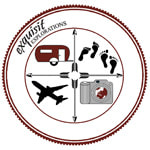
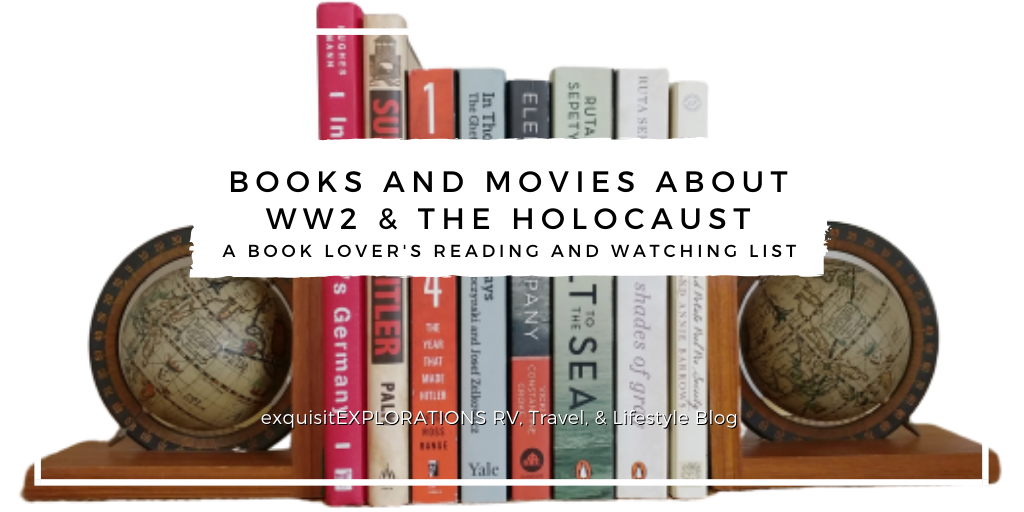
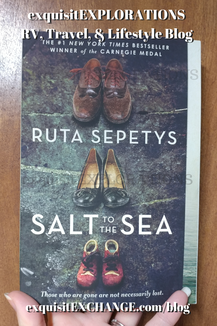
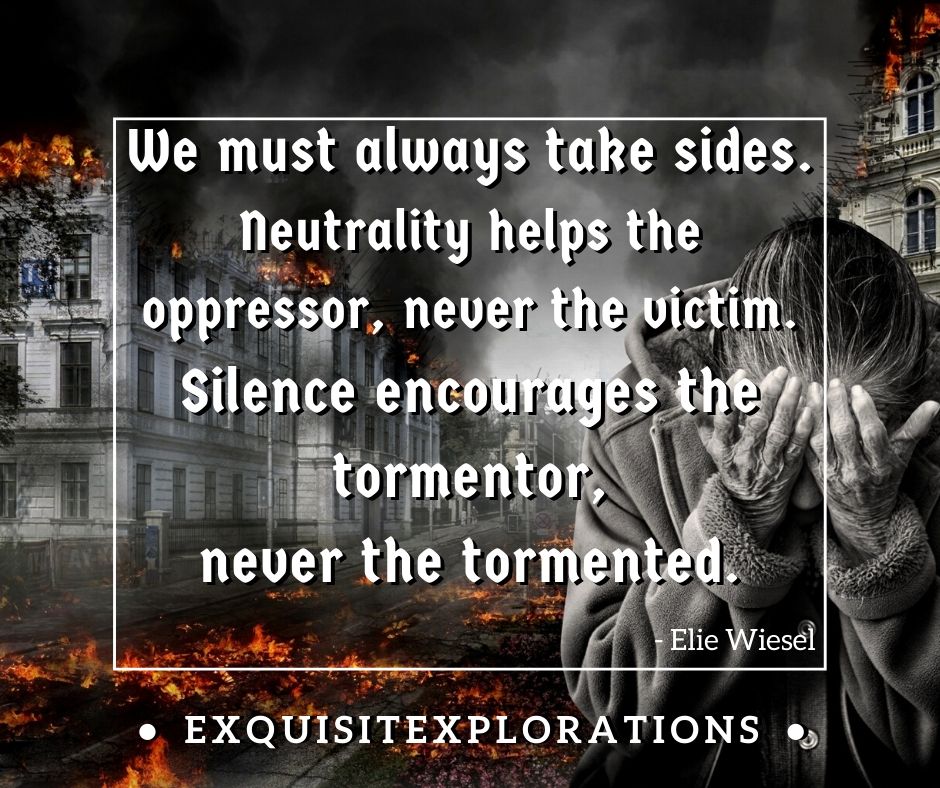
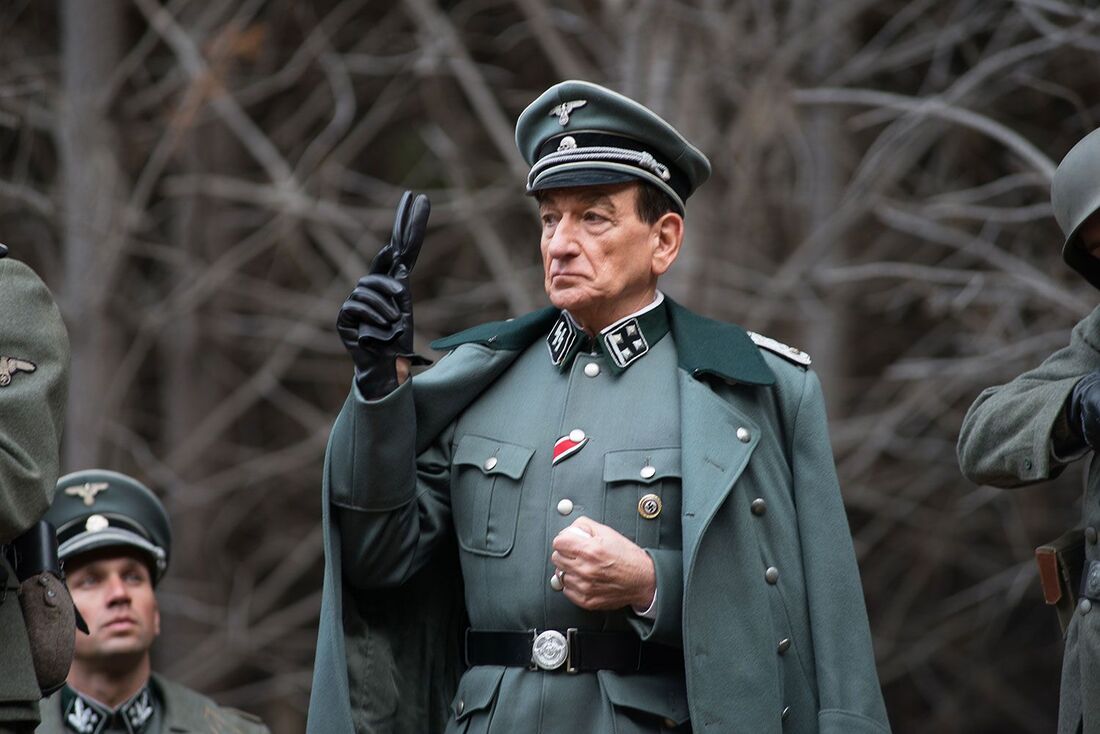
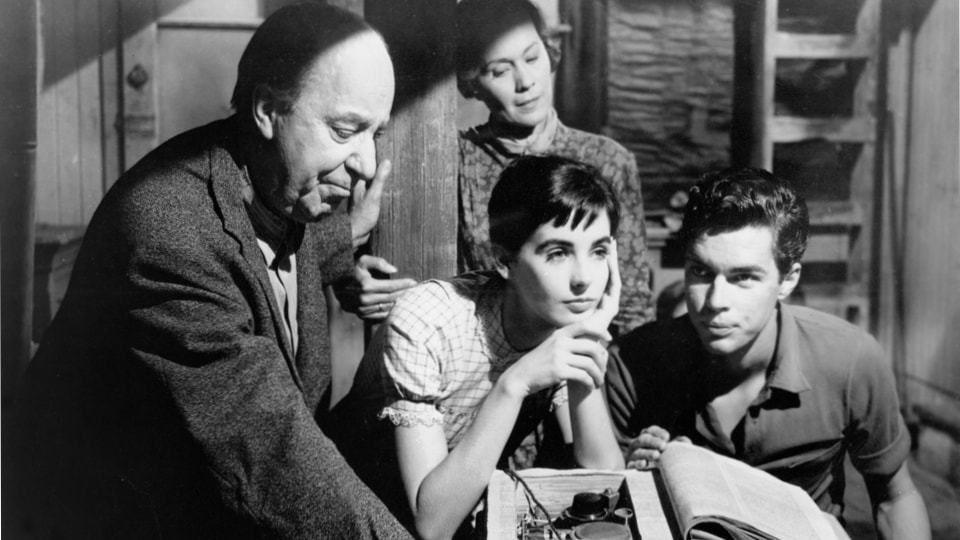
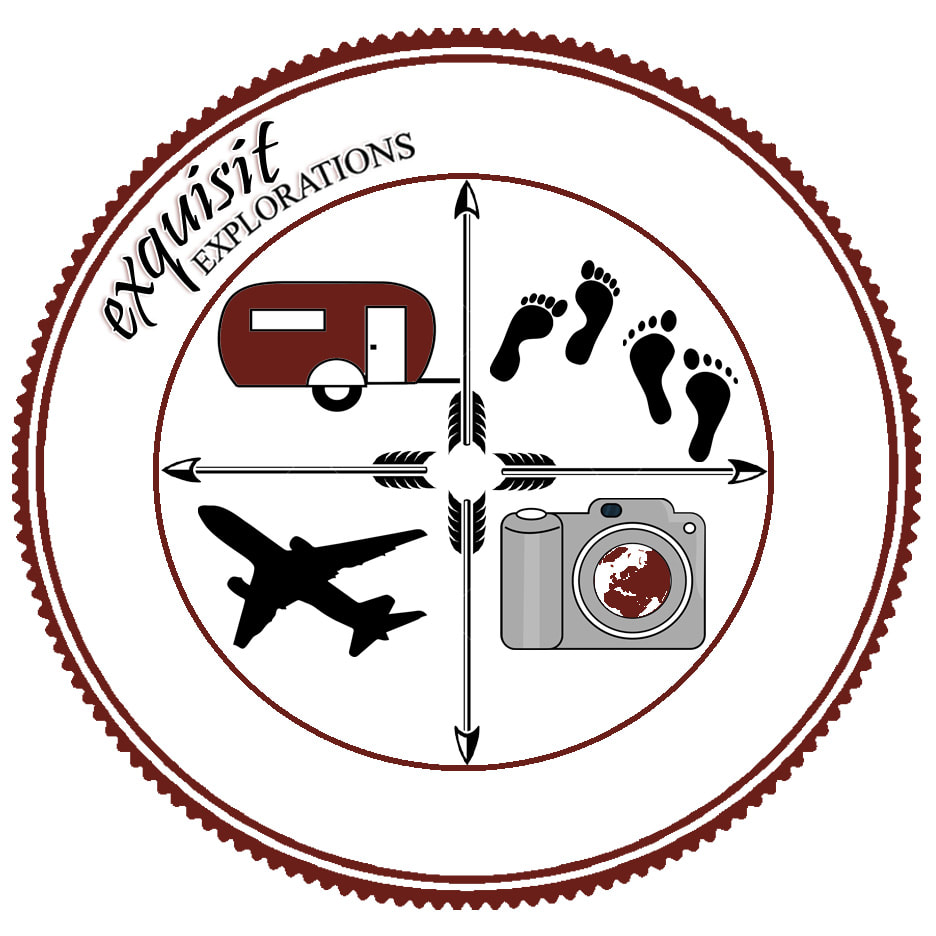
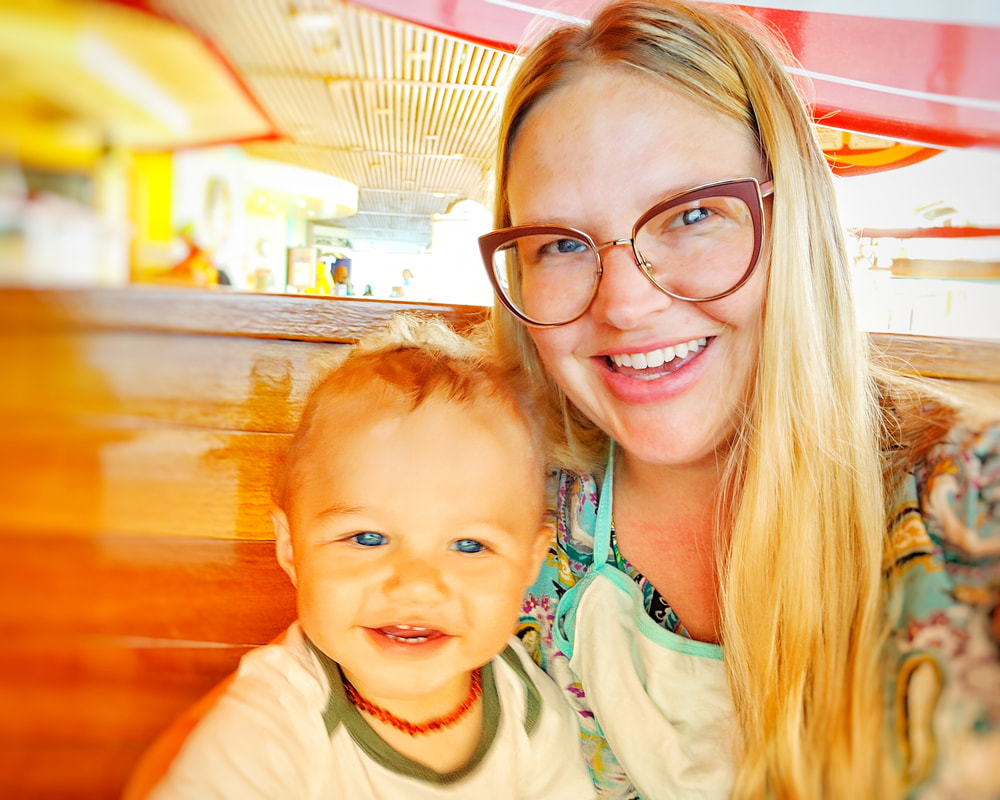
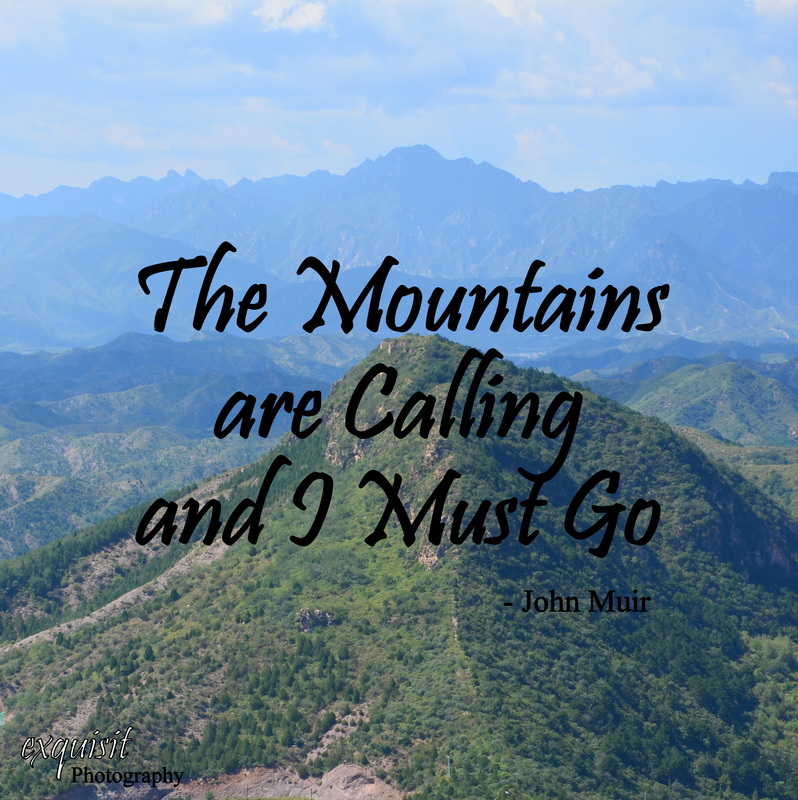
 RSS Feed
RSS Feed
